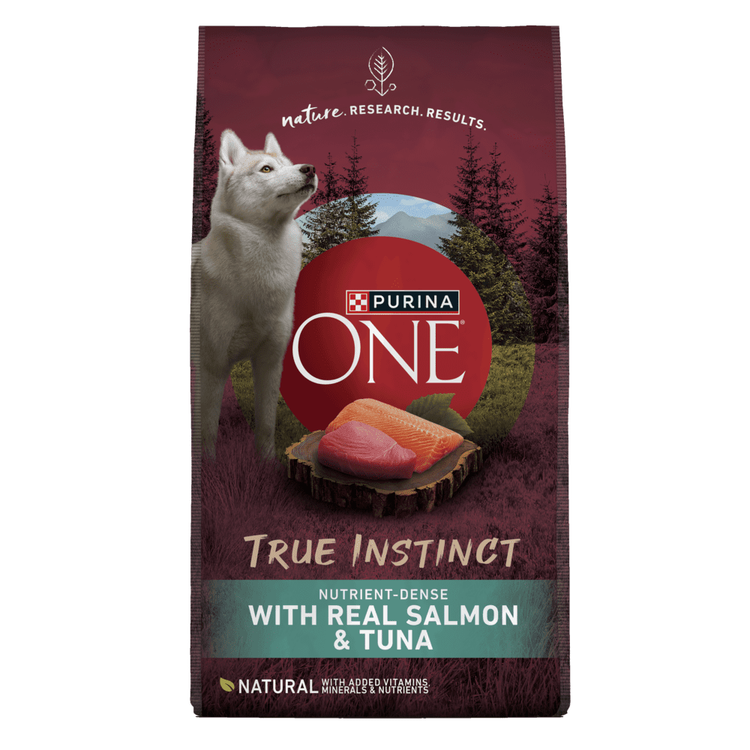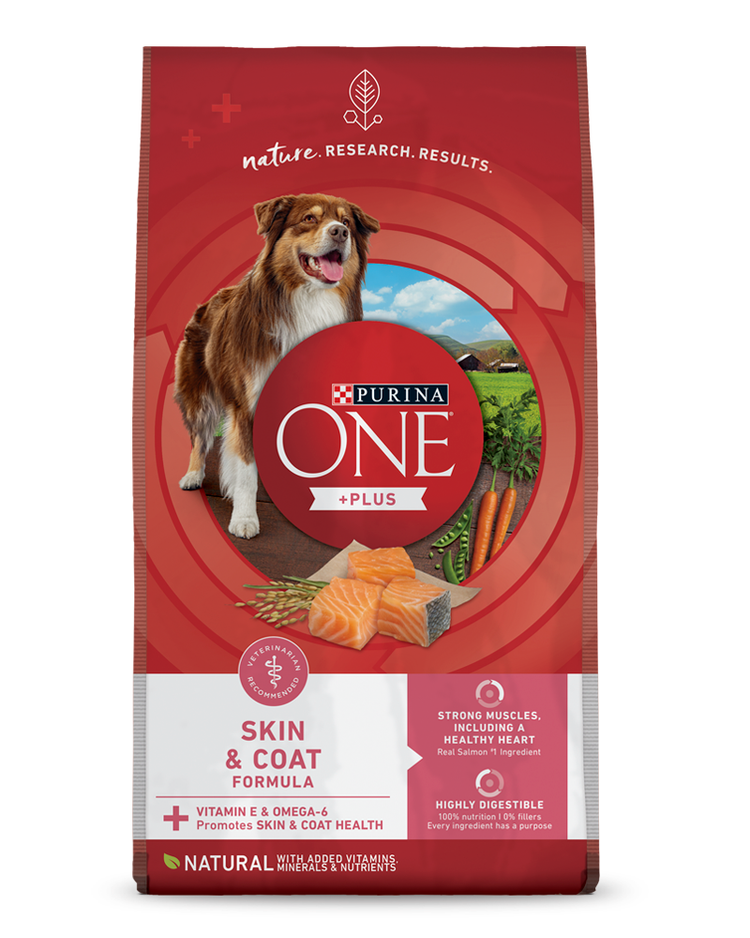Can Dogs Take Human Vitamins & Supplements?


As pet parents, we want to do everything we can for our pets. Since people take vitamins and supplements, like vitamin C for colds or glucosamine for arthritis, you may ask what human vitamins you can give your dog. The answer is usually none, and we explore the reasons why in this article.
Dogs and Humans Have Different Nutritional Needs
Can you give your dog human vitamins? Generally, it’s not a good idea to give your dog human vitamins or supplements, unless they are specified by your veterinarian. The first place to start before giving your dog any vitamin or supplement is with your vet.
Even though dogs and people have different nutritional needs, the same essential elements are included in both diets:
- Water
- Protein
- Fats
- Carbohydrates
- Vitamins
- Minerals
While it’s true we share the need for certain elements, pets and people need them in different proportions. Are human vitamins safe for dogs? Just because dogs need vitamins and minerals as part of their diet doesn’t mean human vitamins are safe for dogs. Not only will the dosages be different, but they may also do harm.
Are human vitamins toxic to dogs? Yes, they may be toxic for dogs if they contain high doses of certain vitamins or minerals, and other ingredients that can harm animals. Talk to your vet before giving your dog any supplement or vitamin. Can human vitamins kill dogs? It depends on the vitamin and the dosage. Large doses of some vitamins, like vitamin D, can be dangerous to dogs.
Although vitamin E is an essential nutrient for dogs, can dogs take human vitamin E supplements? The answer is no, and it’s not necessary if the dog is on a complete and balanced diet, though there may be some situations where a vet may recommend additional vitamin E supplementation. Vitamin E is included in all Purina dog food to promote health in the heart and immune systems, help protect muscle tissue, and support liver, skin, and cell function.
With a well-balanced diet, it’s doubtful a healthy dog needs extra vitamins and mineral supplements. Before thinking about whether your dog can take human B12 vitamins or human fish oil supplements, have your vet review your dog’s food to see if you should switch to a better-quality diet or supplement with vet-recommended vitamins.
Your dog’s nutritional needs depend on his age, weight, activity level, breed, and any health issues he may be experiencing. Most likely, your dog’s needs will be met with a high-quality dog food that provides everything required for balanced nutrition.
When to Supplement Your Dog’s Diet
As a dog owner, you might wonder when your furry friend might benefit from extra vitamins and minerals or other supplements. There are times, especially as your dog ages, when vet-recommended supplements for dogs may be helpful.
If you need to manage a specific condition, your vet may recommend supplements such as:
- Glucosamine and chondroitin for joint health
- Fish oil to help ease inflammation
- Vitamin A for healthy skin and immune function
- Medium-chain triglycerides found in coconut oil for cognitive health
- Probiotics for digestive health and immune support
Always follow your vet’s recommendation for specific vitamins or supplements, and never substitute human versions for what your vet recommends.
In addition to supplements, your dog may benefit from specialized dog food that supports a unique health concern, such as brain health, weight management, joint health, or sensitive skin.
What Vitamins, Minerals and Supplements Do Vets Recommend?
Your vet may recommend probiotics with or after a course of antibiotics, and for immune and digestive support. Can dogs take human probiotics? The microbiome in your gut is probably different from the beneficial bacteria in a dog’s intestinal tract. Supplementing with probiotics made just for canine systems, like FortiFlora for dogs, can help restore the microbiome balance in your dog’s gut.
Vets often recommend glucosamine and chondroitin supplements that contain collagen and omega-3 fatty acids to support joint health as dogs age. You may wonder, “Can dogs take human glucosamine and chondroitin?” While glucosamine and chondroitin supplements may benefit dogs with joint issues, human supplements aren’t the answer. Better stick with vet-recommended joint supplements for dogs, like Pro Plan Veterinary Supplements for Joint Care, to help support your dog’s mobility and normal daily activity.
If your dog shows signs of anxious behaviors, your vet may suggest supplements with the probiotic BL99. These veterinary care dog calming supplements help dogs maintain calm behavior and cope with external stressors such as separation, unfamiliar visitors, or changes to their routine.
If your dog has been diagnosed with a specific condition, your vet may also recommend a prescription dog food from Purina. These foods have been created with specialized vitamins, minerals and nutrients that can help you and your vet manage your dog’s health.
Remember, if your dog is struggling with any health issues, your veterinarian should be the one to assess whether vitamins or supplementation is an appropriate choice, or if other options would be more beneficial.
For more expert tips for the health of your dog, explore our other dog health articles.

Find Your Pet’s Perfect Food
Get your personalized recommendation with our Pet Food Finder tool.





